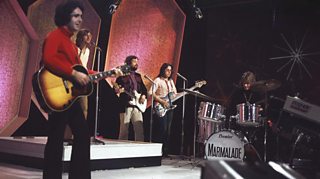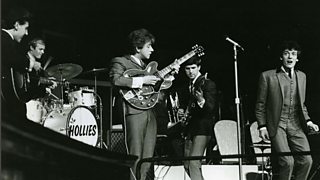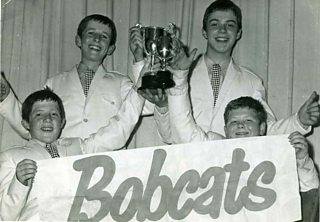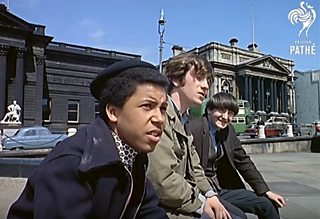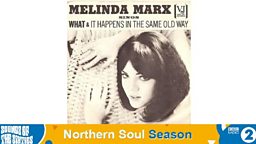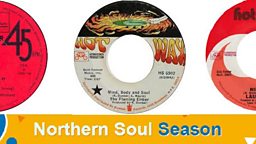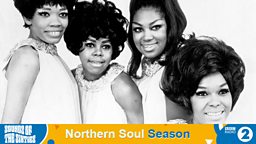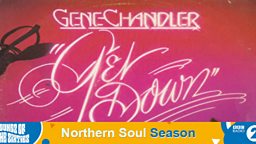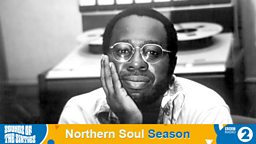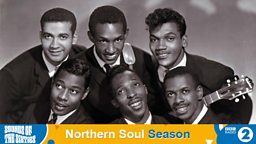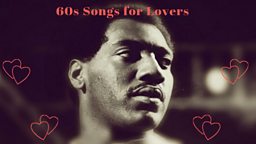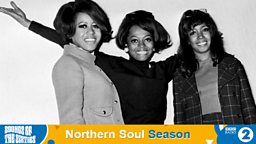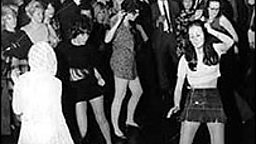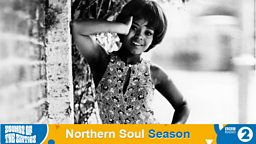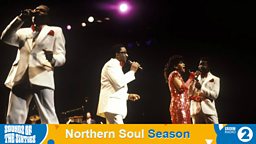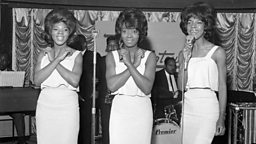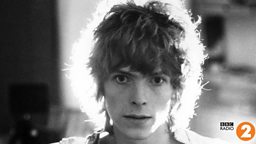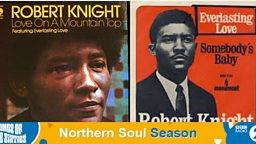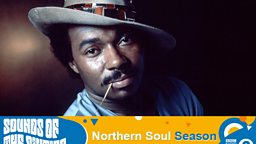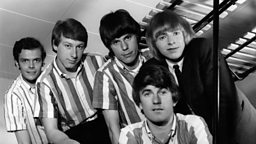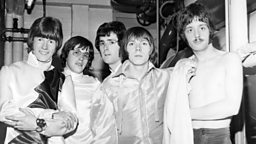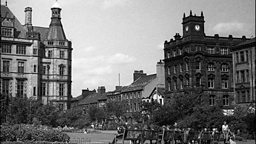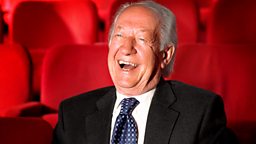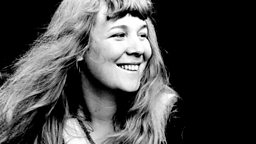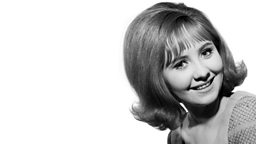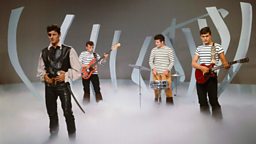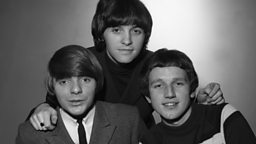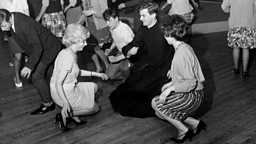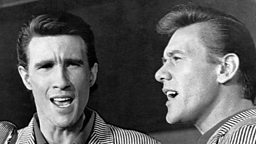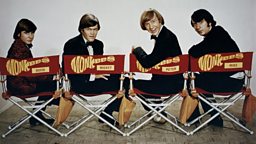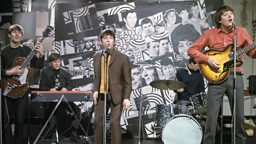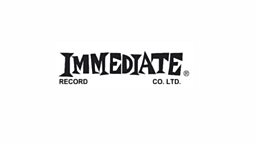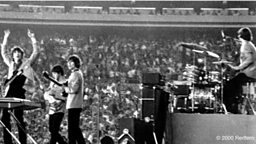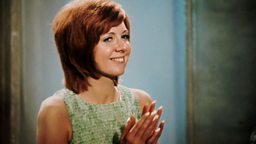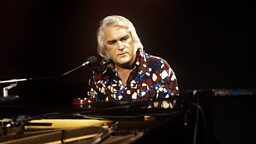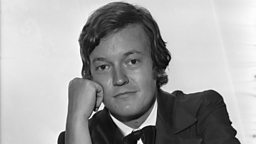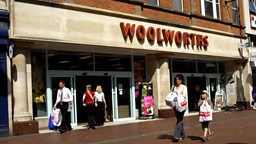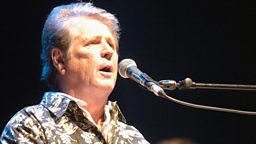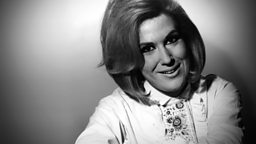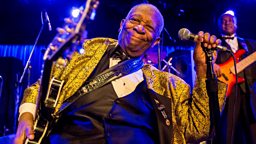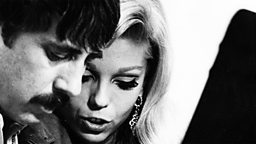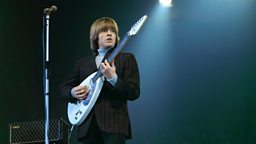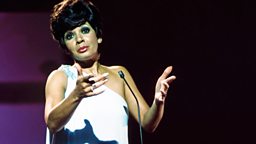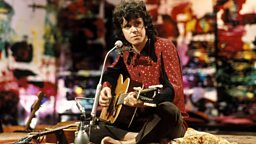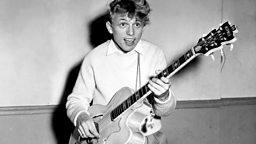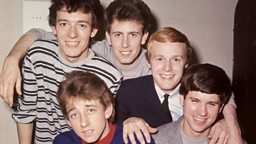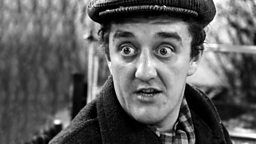Beat Cities: London Part 1
London's Beat Scene: The Kinks, the Dave Clark Five, The Action and the Spectres
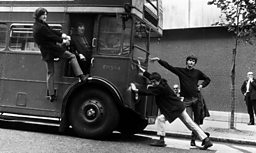
Given all the noise about Merseybeat and Brumbeat, and the number of acts who moved to the capital to 'make it', it was easy to overlook indigenous London beat groups in the mid sixties. The first - and only - group from the capital to cause a song and dance about their roots were purveyors of the Tottenham Sound, the Dave Clark Five, who the press bizarrely seemed to think had routed the Liverpool scene forever when they got to number one with Glad All Over at the start of 1964. South of the Thames, the Spectres made less fuss about their 'Catford Sound', but would develop a style at least as distinctive as the DC5's thud once they changed their name to the Status Quo in 1967.
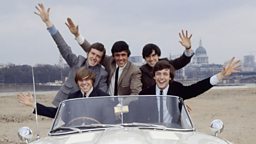
To the north, Muswell Hill gave us the (and, later, Fairport Convention), as well as being the birthplace of the Action's bassist Alan 'Bam' King. The Action were based down the hill in Kentish Town, and had originally been called the Boys, under which name they realised a prime piece of cod Merseybeat in 1963 called Really Gonna Shake on Decca with Sandra Barry on lead vocals. They signed to Parlophone in 1965 and came under George Martin's production wing. Starting with the Chris Kenner chestnut Land of a Thousand Dances, they mostly cut covers of soul hits but, with singer Reg King's restrained soulfulness and the clean guitar lines of Alan 'Bam' King (no relation), the Action unquestionably brought their own sharp London mod energy to songs like the Marvelettes' I'll Keep Holding On and Bob & Earl's Harlem Shuffle. One of their biggest fans was the young Phil Collins.
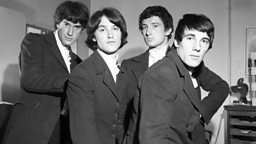
It was a surprise to everyone when, given their live following, critical standing, and George Martin's productions, none of their singles took off. Charismatic singer Reg King left in 1967, and Bam took over on vocals, but before this the group had been readying an album - when the singles bombed the album was shelved, finally seeing the light of day in 1995 as Rolled Gold. It's not quite Odyssey (sic) and Oracle, but it's certainly one of the strongest 'lost' albums of the late sixties. By 1969 the group had changed their name to Mighty Baby; they signed to the hippy independent Head Records in 1969, cutting a couple of albums, again with little more than a cult following.
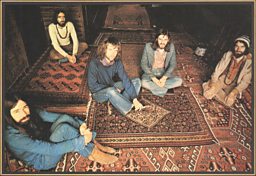
In 1997 the Action reformed and played a one-off show at the Boston Arms in Tufnell Park, the next stop from Kentish Town on the Northern Line. They were terrific - if you squinted (only Reg King had a full head of hair) it could have been 1965. In 2000 their number one fan finally got to appear on stage with them - "For me" said , "it was like playing with the Beatles".
-
![]()
The little told story of the Glasgow beat bands
-
![]()
Bob Stanley on Sheffield beat band, 'The Sheffields'
-
![]()
The Hollies and The Toggery Five: inside Manchester's beat scene in the 1960s with Bob Stanley
-
![]()
The Beat Boom: Birmingham in the 1960s
-
![]()
Bob Stanley looks into the Beat Boom in the vibrant city of Liverpool
-
![]()
Buffalo Springfield, Dusty Springfield and more - the info behind today's 60s records
